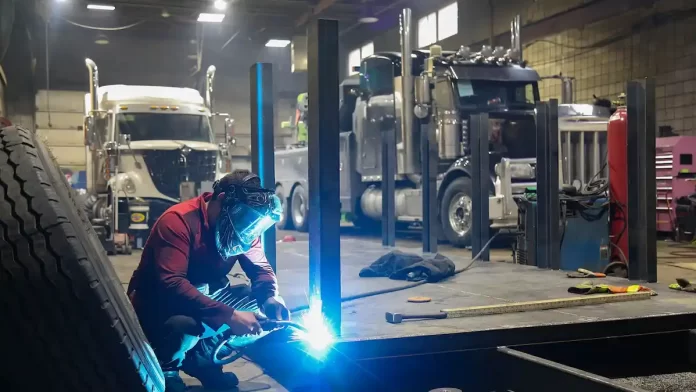The Industrial Revolution, a transformative period that marked the shift from agrarian economies to industrialized societies, stands as one of the most pivotal chapters in human history.
Spanning from the late 18th century to the mid-19th century, the Industrial Revolution reshaped the world’s economic, social, and technological landscapes.
This article delves into the global history of the Industrial Revolution, exploring its origins, key developments, and profound impact on societies across the world.
Origins of Industrial Revolution
The roots of the Industrial Revolution can be traced to 18th-century Britain, where a confluence of factors catalyzed the transition from manual labor and hand production to mechanized manufacturing.
The agrarian revolution had increased food production, leading to population growth.
Additionally, advancements in technology, such as the invention of the spinning jenny and the steam engine, played a crucial role in initiating the industrial transformation.
Spread Across Europe
The Industrial Revolution quickly spread across Europe, with Belgium becoming the first continental country to industrialize.
The adoption of steam power, innovations in textiles, and the development of railroads facilitated the transition.
Other European nations, including France and Germany, experienced their industrialization waves, each shaped by unique economic, social, and political contexts.
American Industrialization
In the United States, the Industrial Revolution unfolded in the 19th century, fueled by factors such as abundant natural resources, a growing population, and a commitment to innovation.
The expansion of the railroad network, the mechanization of agriculture, and the rise of manufacturing industries transformed the American economy and society.
Global Impact
The Industrial Revolution was not confined to Europe and North America; its influence reached far beyond.
Colonial powers, particularly Britain, established industrial centers in their colonies, leading to significant economic disparities.
In Asia, Japan embarked on its own industrialization journey in the late 19th century, adopting Western technologies and management practices to become an industrial powerhouse.
Technological Innovations
Key technological innovations defined the Industrial Revolution. The textile industry witnessed the mechanization of spinning and weaving processes, thanks to inventions like the spinning jenny and power loom.
The steam engine, perfected by James Watt, revolutionized transportation, powering trains and ships and facilitating the movement of goods and people.
Social Transformations
The shift from agrarian to industrial societies brought about profound social changes. Urbanization accelerated as people flocked to industrial centers in search of employment.
The factory system emerged, altering traditional patterns of work and family life. The rise of industrial capitalism led to new economic structures, with a growing emphasis on wage labor and a widening wealth gap.
Challenges and Responses
While the Industrial Revolution spurred economic growth and technological progress, it also posed significant challenges.
Harsh working conditions in factories led to the rise of labor movements advocating for workers’ rights. Social reformers, such as the philanthropist Robert Owen, sought to improve living and working conditions.
Environmental Impact
The Industrial Revolution’s impact extended to the environment, with increased pollution, deforestation, and depletion of natural resources.
The shift to coal as the primary energy source contributed to air and water pollution, laying the groundwork for later environmental awareness and conservation movements.
Legacy of the Industrial Revolution
The legacy of the Industrial Revolution is enduring and multifaceted. Its technological innovations laid the foundation for modern industrial societies.
The emergence of capitalism as the dominant economic system, the rise of the middle class, and the expansion of global trade are all legacies that continue to shape the contemporary world.
Conclusion
The Industrial Revolution, a period of unprecedented change and innovation, transformed societies across the globe. Its impact on economics, technology, and social structures reverberates to this day.
As we reflect on this transformative era, it is essential to recognize both its achievements and challenges, shaping a nuanced understanding of the forces that shaped the modern world.
The Industrial Revolution remains a cornerstone in the narrative of human progress, marking a pivotal chapter in our shared history.
